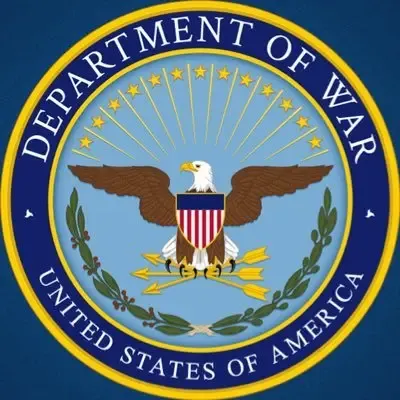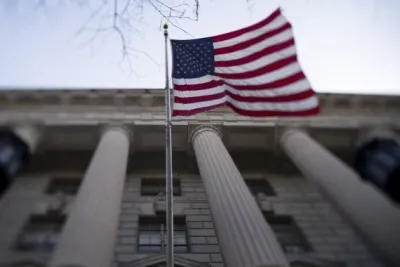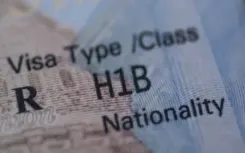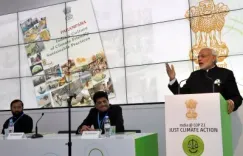What Happened at the Second Session of ‘Atal Sansmaran Vyakhyanmala’ in Gandhinagar?
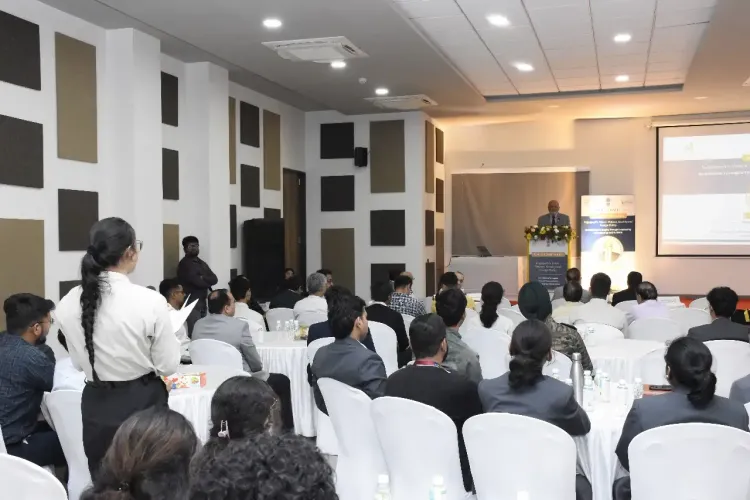
Synopsis
Key Takeaways
- Vajpayee's legacy continues to inspire leaders.
- The importance of national interest in governance.
- Vajpayee's contributions to foreign policy with China and Pakistan.
- The role of eloquence in political leadership.
- Recognition of Sikkim's status as part of India.
Gandhinagar, Oct 29 (NationPress) The second session of 'Atal Sansmaran Vyakhyanmala' was effectively organized by SPIPA, under the auspices of the General Administration Department (GAP) on Tuesday.
The ‘Atal Sansmaran Vyakhyanmala’ is being conducted to commemorate the 100th birth anniversary of the esteemed former Prime Minister and Bharat Ratna, the late Atal Bihari Vajpayee.
At this event, Sujan R. Chinoy, the Director General of the Manohar Parrikar Institute for Defence Studies and Analyses (MP-IDSA) and former Ambassador, emphasized that Atal Bihari Vajpayee was a remarkable individual—an intellectual, poet, philosopher, and exceptional politician.
He remarked, “Vajpayee ji never let power, position, wealth, or political affiliations cloud his vision. The national interest, the welfare of Indian citizens, and the pursuit of peaceful coexistence were always central to his policies.”
Chinoy highlighted that Vajpayee was an articulate orator, proficient in Hindi, English, and Urdu, who never opposed any ideology or thought and never sought to offend anyone personally.
“Such commendable traits earned him respect even from political adversaries. His political journey began in the 1950s and spanned over five decades, during which he served 10 terms in the Lok Sabha and 2 terms in the Rajya Sabha,” he noted.
Chinoy praised Vajpayee's contributions to India's foreign policy, particularly in enhancing international relations with China and Pakistan, emphasizing their tangible results.
“Vajpayee excelled as both Foreign Minister and Prime Minister, as demonstrated by the Lahore Bus Yatra with Pakistan and his decision to refrain from crossing the Line of Control during the Kargil conflict. His successful negotiations with China are also noteworthy,” he reminisced.
This led to the acknowledgment of Sikkim as a vital part of India and the initiation of discussions with Special Representatives for border negotiations.
“Moreover, Vajpayeeji played a crucial role as the architect of the post-Cold War strategic partnership between India and the United States,” he concluded.
Numerous officers and employees from the General Administration Department and SPIPA, along with representatives from AMA, including faculty and students from Defence Studies, were also in attendance.


